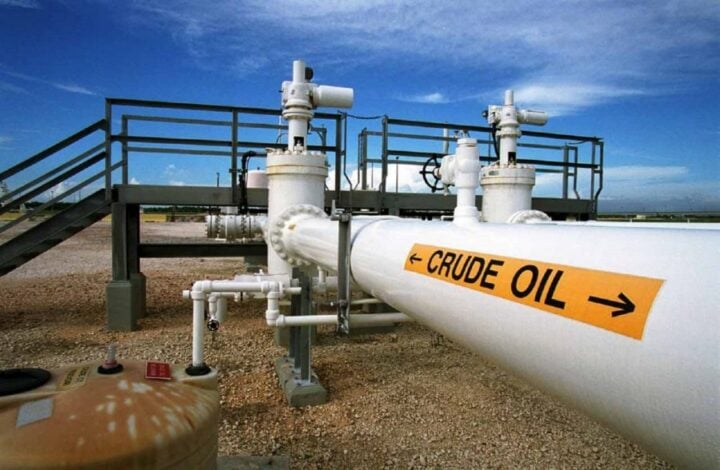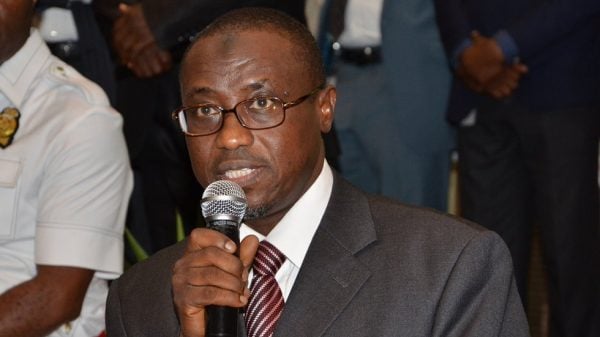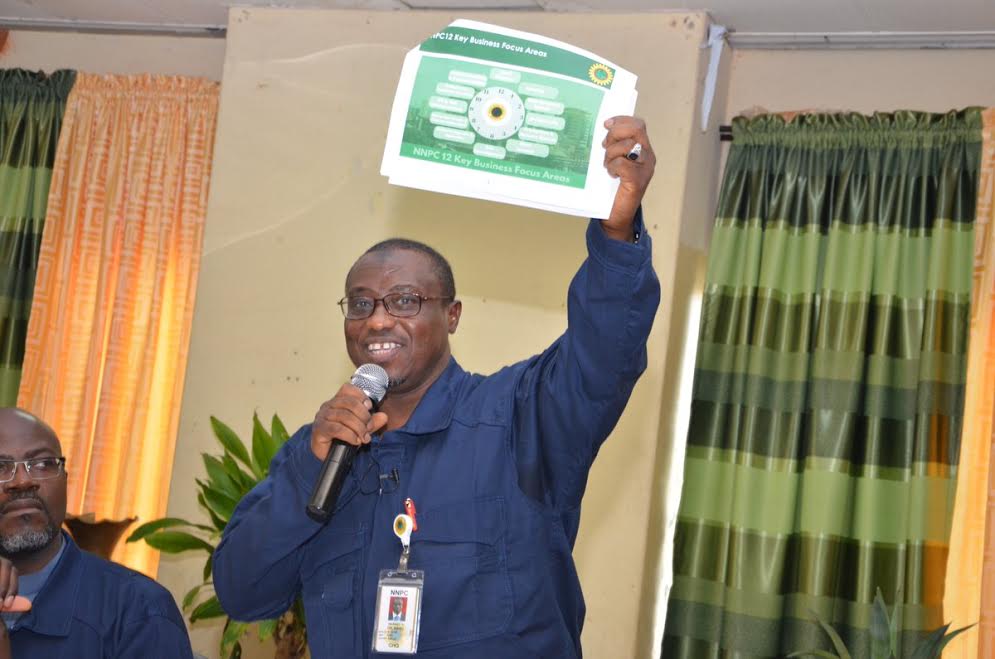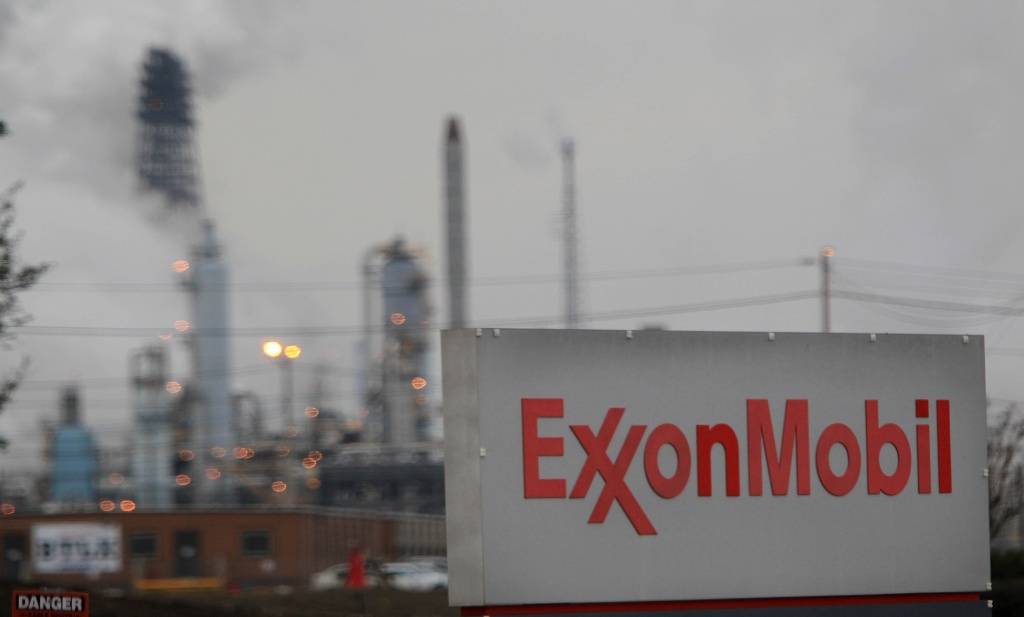The federal government says it will prioritise critical expenditures and ramp up oil production in response to declining oil prices, which have fallen below budget assumptions.
Wale Edun, minister of finance, spoke on Thursday during the ongoing spring meetings in Washington D.C, United States.
Edun said that Nigeria’s 2025 budget was premised on oil production of two million barrels per day at $75 per barrel — projections that are now under threat due to market volatility.
“Our budget was based on 2 million barrels a day at $75 per barrel, and we are now underwater relative to those assumptions,” he said.
Advertisement
“When your budget revenue is below expectation, you have to hunker down, conserve, and prioritise.”
He said the government will focus first on priority payments such as salaries, pensions, statutory obligations, debt service, and security funding.
Edun added that the Nigerian National Petroleum Company (NNPC) Limited has been tasked with increasing production and reducing costs to boost oil revenue irrespective of market price movements.
Advertisement
‘NIGERIA ON COURSE TO ACHIEVE 1.2 MILLION BPD REFINING CAPACITY’
The minister also emphasised the administration’s long-term plan to diversify the economy from crude oil dependence, noting that the country is on course to achieve 1.2 million barrels per day of domestic refining capacity.
“That gives us extra complexity in the economy and opens new doors for industrialisation through petrochemicals, plastics, pharmaceuticals, and building materials,” Edun said.
He noted that this is possible due to market-based reforms that have spurred new investments in the sector.
Advertisement
On budget deficit concerns, Edun said that while Nigeria is currently slightly above the 3 percent of gross domestic product (GDP) ceiling set by the Fiscal Responsibility Act, the government is working towards reducing it.
“This is a government that believes in the rule of law and the sanctity of contracts. We try to get within the law,” he said.
The minister said other strategies to manage fiscal pressure and close the budget gap include optimisation of public assets, public-private partnerships, and renewed focus on privatisation.
He added that Nigeria’s 2025 budget already contains a line item for asset sales, which may exceed initial estimates due to growing investor interest.
Advertisement
According to the minister, President Bola Tinubu’s overarching economic agenda is to stabilise the economy and attract investment that creates jobs and lifts people out of poverty.
Edun also said the federal government will do all it can in terms of structural reforms, incentives, business environment improvements, “to enable the private sector to invest, make profits, and pay taxes that we can channel into critical infrastructure and services”.
Advertisement






